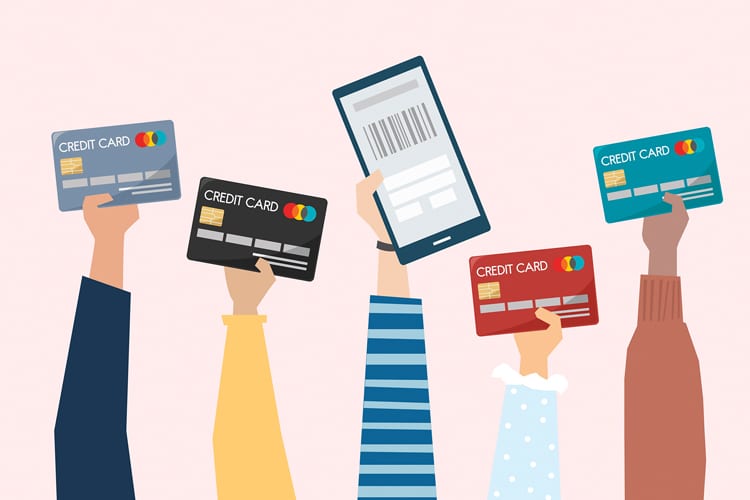FICO’s New Changes Could Drop or Increase Your Credit Score by 20 Points

If you’re not already familiar, credit scores are extremely important on how your financial trustworthiness is viewed upon by lenders. When you have a great credit history, it opens a lot of doors to qualify for the best credit cards, better mortgage loan rates, getting that awesome apartment, better car insurance rates, and sometimes, landing that job.
FICO scores range from 300 to 850. The higher your score, the better it is. According to Experian, the average American credit score was 703 in 2019 which falls into the “good” category.
New Updates to FICO
With the announced update, your credit score could drop or increase by 20 points. Even if you don’t do anything.
Those with a “fair” score of 580 and under, will most likely see a drop in their score.
This is because FICO is taking into account your credit balances over the past 24 months as well as making a separate category for personal loans.
So if your balance has been consistently going up or if you’ve accrued more debt after consolidating it into a personal loan, your score will drop.
On the flip side, if you’re making regular payments and your balance is going down, your score will improve.
How to Prepare
You won’t be able to control how the scoring system works but you can continue to work on your credit score. Lenders may not use the new version of scoring immediately either as there are still previous FICO versions that they’re used to.
Most likely, we won’t see direct changes until mid to late this year.
In the meantime, use a free credit monitoring system like Credit Sesame to help maintain or improve your score. It gives an easy-to-read view of your total debt plus everything that is contributing to your current score like credit usage, credit age, inquiries, and payment history.
You can also utilize Experian Boost™ to help instantly improve your credit scores for free. They do this by adding your positive payment history from utility and telecom bills to your Experian credit file. Previously, your gas, water, electricity, TV, internet, and phone bills that you already pay for didn’t affect your credit but if you opt-in to Experian Boost, it will.
Tips
In general, practice the following for proper credit health:
- Make bill payments on time
- Don’t use more than 30% of your credit line
- Continue paying off debt
- Don’t close old credit cards even if they’re unused to keep credit history
- Open new credit accounts only when necessary otherwise don’t
- Check your credit reports from TransUnion, Experian, and Equifax and dispute any errors
If you have old credit cards that have an annual fee, ask the issuer to switch you to one that doesn’t have fees but still keep the credit history.
Read More: How to Get Out of Credit Card Debt










